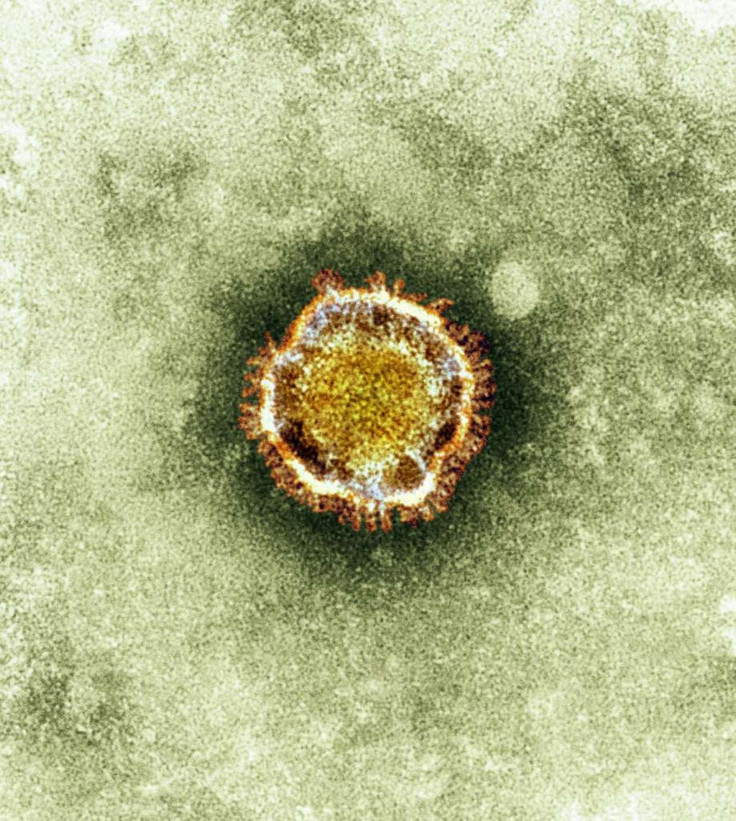Genetically Engineered Herpes-Based Drug Successfully Used To Treat Skin Cancer

In a recent experiment, researchers have used a genetically engineered form of a harmless herpes virus to treat skin cancer. According to the researchers, the virus helped slow down progression of melanoma in a small number of patients, but the study findings seem promising to the experts.
The study, published in the Journal of Clinical Oncology, was funded by Amgen. The drug maker is currently developing the therapy to treat melanoma. The treatment, the first one to use a virus to treat melanoma, has not yet been licensed.
During the research, the team modified the herpes virus to release a substance in the cancerous cells. The released substance triggered the immune system, which in turn killed the cancer cells. The clinical trials claim that the treatment can extend some patients' survival by years.
The researchers have named the viral therapy Talimogene Laherparepvec (T-VEC). According to the researchers, a modified form of herpes simplex virus type-1 constitutes T-VEC, which can multiply inside the cancerous cells. The researchers removed two genes from the original herpes virus to curb its multiplication in the normal healthy cells.
During the clinical trial, the researchers found that T-VEC helped burst tumor cells from the inside. In addition, they produced a molecule that helped stimulate the immune system against the cancerous cells. However, the researchers found that the technique worked for only 16 percent of the patients -- still a much better result than for the group who did not receive the T-VEC treatment.
"There is increasing excitement over the use of viral treatments like T-VEC for cancer, because they can launch a two-pronged attack on tumors -- both killing cancer cells directly and marshaling the immune system against them," said lead researcher Kevin Harrington, in a statement.
© Copyright IBTimes 2024. All rights reserved.




















